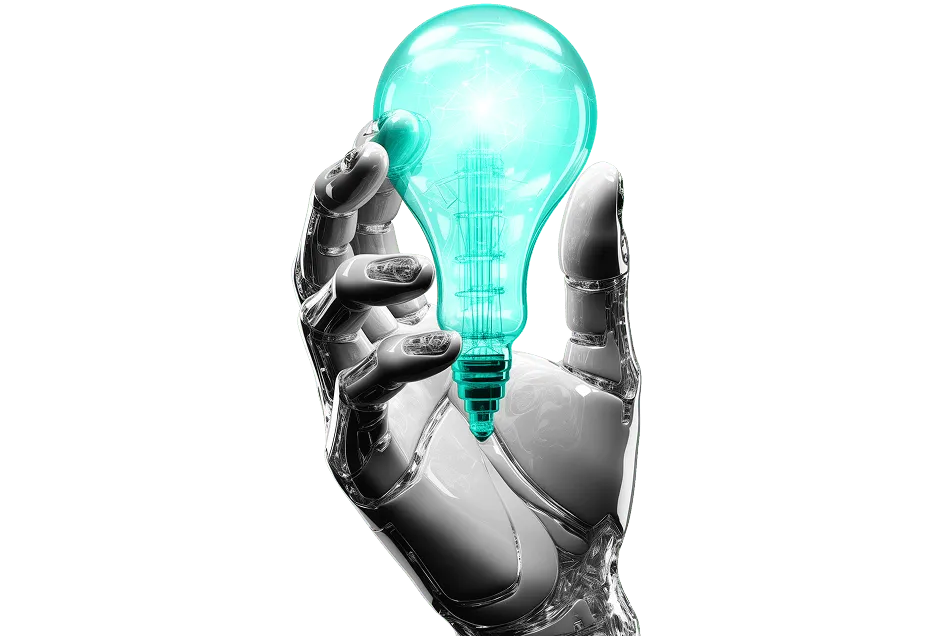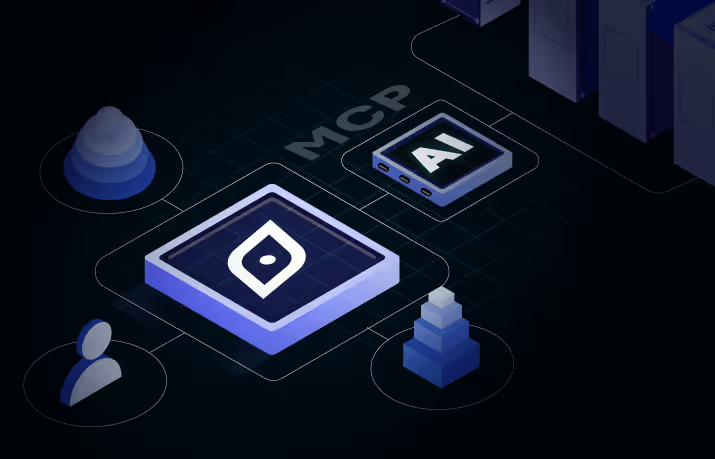AI-backed Strategic Talent Management: Going Beyond Talent Data
Technology and data-driven processes continue to transform every aspect of today’s HR operations. Whether it’s automating laborious tasks or analyzing a mass of HR analytics, strategic talent management with AI has emerged as the most-suited tool for modern HRs.
Artificial Intelligence is the leading technology being used in HR operations today and is heavily relied upon to automate processes that earlier required human intervention.
The integration of AI in strategic talent management has resulted in higher retention rates, improved productivity, and diverse and inclusive work culture and has earned it the title of “Talent Intelligence.”
AI in strategic talent management is helping enterprises:
- Craft unique candidate experiences
- Incorporate diversity and inclusion
- Manage retention rates
- Reskill and upskill existing employees
- Source quality talent and manage candidate engagement
- Effectively plan the workforce to suit organizational needs and more
These use cases are just the tip of the iceberg; AI has a much deeper presence in strategic talent management. Applications of AI can be found in every stage of strategic talent management.
Let us discuss how strategic talent management with AI is transforming traditional HR:
Eliminating Bias with Insights from Strategic Talent Management Data
AI helps organizations hire and manage global talent irrespective of their age, color, disability, gender, nationality, race, religion, sex, or sexual orientation. It can effectively eliminate bias from strategic talent management since it mostly runs on a pre-defined program that does not consider factors listed above as crucial in the process.
This enables D&I in organizational talent and empowers an organization to utilize a global workforce. Studies have shown that companies who rank highly in diversity are ~36% more likely to have financial returns above their industry peers’ medians and improved productivity.
Learning and Development Backed by Artificial Intelligence
By 2026, at least 54% of all employees across industries will require significant re- and upskilling. Of these, about 33% are expected to require additional training of up to 6 months.
In situations like these, AI as a learning partner is a necessity.
AI enables personalized learning by assessing a learning gap and proficiency level and providing a learning path to suit the same. Based on the assessment outcomes, different learning paths can be created within seconds, matching the learner’s proficiency level. This results in the learner being able to fully customize their learning path and reskill or upskill as necessary.
Fortune-500 organizations predominantly use AI-backed Reskilling platforms to train their employees on emerging technologies and skills that may be needed shortly.
Improving Employee Experiences Using Enhanced Workforce Analytics
With evolving employee expectations, organizations are rethinking their approach to crafting the employee experience. Strategic talent management with AI is supporting employees by eliminating repetitive and monotonous tasks. AI is also letting enterprises actively listen to what employees want and often need before they want or need it. With the right AI tools, HR can be a more humanized entity that employees learn to depend on.
Organizations can now focus on personalized, individualized engagement strategies. With 85 percent of the workforce either passively or actively disengaged in a disruptive environment, it is essential to know the pulse of the team at large and craft experiences that keep employees engaged and happy while they work.
Career planning With AI-Suggested Transitions
AI tests and matches employees scientifically with all potential future career path requirements based on their competencies, characteristics, capabilities, faculties, experience, learnings, and skills. These assessments determine the workforce skills gap between the individual’s current role and the future role for the ideal career path.
In a constantly evolving job market, employers have a social responsibility to prepare their employees for a world that does not yet exist, which means that planning career progressions are imperative for success.
Workforce planning Guided by Global Talent Insights
Workforce planning can be a frustrating exercise when performed without the availability of adequate data. It requires bringing together different types of information from specific departments, markets, and global talent trends that suit the situation. Information such as historical performance data, the current state of the talent ecosystem, and the company’s workforce together make up the foundation of workforce planning.
With the help of modern AI-backed strategic talent management tools, Modern HR leaders have started to utilize global talent data, organizational workforce metrics, and predicted trends that facilitate workforce planning the right way. With AI, enterprises get access to the entire talent ecosystem and understand what is happening in the talent market, and it can be utilized to benefit.
Draup is a talent intelligence platform built upon over 4500 job roles across 30,000 skills in 33 industries. Draup‘s extensive database consists of comprehensive data on over 100,000+ courses and career paths specifically designed using AI and ML models to suit every employee and redefine strategic talent management from the core.










.svg)

















.svg)





.svg)





.svg)
